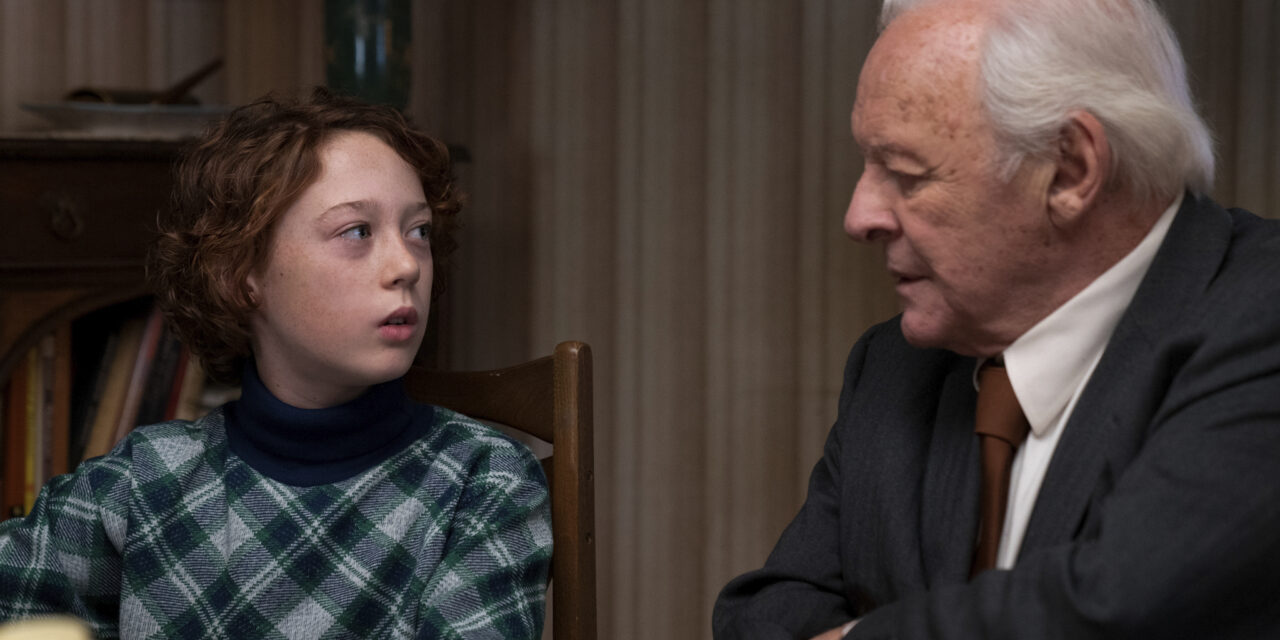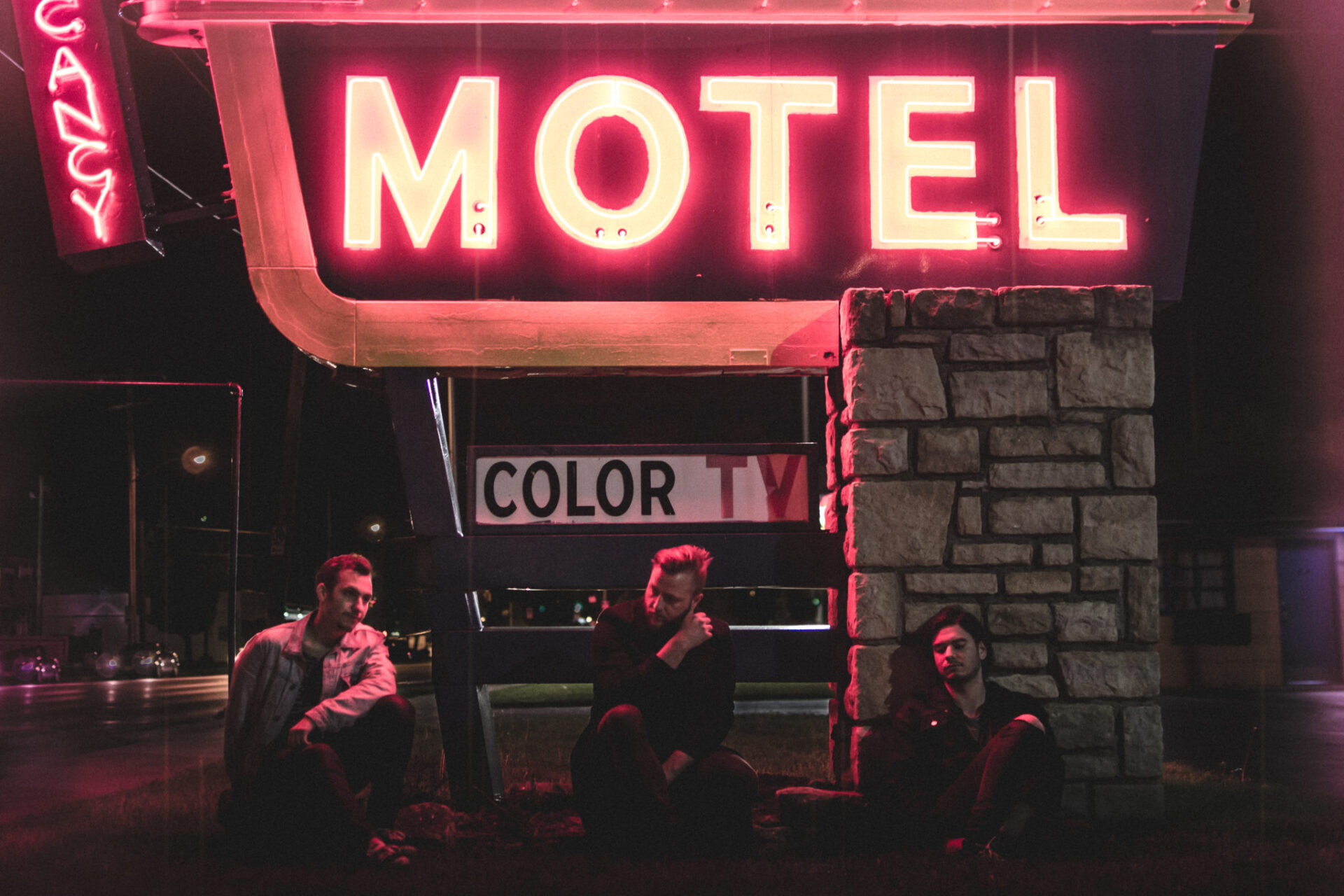This review is a part of Substream’s coverage of the 60th edition of New York Film Festival.
When we grow to be adults, there’s a tenacity to look back at markers in your life and identify where you could have changed things. Maybe you should have stood up to that bully or asked that person out. Perhaps now you see injustices differently than you did through adolescent eyes. That’s why it’s at least admirable that writer/director James Gray would look into a period in his childhood with a critical lens — as it certainly feels complicated. Armageddon Time is set in New York in 1980, where the United States is tensed up at the prospect of nuclear war and the doorstep of Ronald Reagan’s first term as president.
The film investigates a lot of territory dealing with anti-Semitism, racism, classism, and what the American dream means to different people. In the middle of all of this is a stand-in for Gray himself, 12-year-old Paul Graff (Banks Repeta), who, when you meet him, is just starting the sixth grade. For lack of a better word, Paul is a troublemaker, as evidenced on his first day of class, when he draws an unflattering picture of his new teacher, Mr. Turkeltaub (Andrew Polk). While Paul is being admonished, he forms a kinship with the only Black student in class, Johnny Davis (Jaylin Webb). Mr. Turkeltaub has a particular disdain for Johnny, in that all his directives towards him come from a place of anger and disgust. Paul and Johnny quickly get lumped together in a public school system that quickly wants to discard “non-prototypical” students.
However, Paul wants to be an artist. Gray interjects fantastical scenes of Paul winning awards and having his drawings in art exhibits. His grandfather, Aaron (Anthony Hopkins), nurtures his career aspirations and tells him to sign every picture he does. There’s an innocence Paul possesses which gets tugged and prodded throughout Armageddon Time. Johnny doesn’t have the money to go on an upcoming field trip. Paul says his family is “rich” (in reality, he lives in a middle-class family) and steals money for him. The film is full of contrasts to Paul and Johnny’s stories — which is also trying to show the racial divide of the time.
Like Paul, Johnny has dreams of being a NASA astronaut. However, it seems everybody has given up on him. He stays with his grandmother, who is very ill and has few resources. These wealth disparities remain even until this day. Throughout Armageddon Time, Gray tries to shine a spotlight on this — however, it gets messed up when Johnny’s plights are tied to the overall narrative. Paul has the quintessential family dinner, complete with his mother, future school board nominee Esther (Anne Hathaway), his father, a repairman with a temper, Irving (Jeremy Strong), older brother Ted (Ryan Sell), and grandparents. Ted goes to private school, and his grandmother Mickey (Tovah Feldshuh) comments about the public school system being unruly and letting “anybody in.”
Later, Aaron speaks to Paul about their family history and parts of his family fleeing to America because of the Holocaust. Aaron is steadfast, instilling the message in Paul about not forgetting about the past. While this is happening, Paul and Johnny are forging a friendship that can’t last — even his parents, who deem themselves relatively liberal, label Johnny as “the black boy” Paul has to stop hanging around with. This goes as far as uprooting Paul and putting him in private school. The family believes that this will be the fresh start he needs and that he can get a good-paying job.
Lucky breaks because of association and “no handout” culture are things Gray wrestles with throughout Armageddon Time. This is evidenced by the film’s conclusion, which is left with no clear resolution. For one, the complicated relationship with his father feels painful for him to re-navigate. Gray also wants to look at what privilege has done for him in his life, and the amount of trouble he could have been in had he not had it. Perhaps he also needs to tell this story because of the current political climate.
This storytelling comes at the expense of Johnny’s character, who has to endure hardship after hardship. His character gets brief moments of happiness, like discussing a Sugarhill Gang concert or hanging out with Paul. But it seems every time they meet, Johnny has a new obstacle to tackle, rather than Armageddon Time going into them. Thus, you have two competing narratives — one of working through horrible things over time and the other of never-ending adversity. At its end, maybe you’re supposed to feel as if you want to continue the work to dismantle these systems and stigmas because Gray wants to convey they are of the same construct. Unfortunately, that connective tissue doesn’t seem to form, and it comes at the expense of the bigger issues.
Photo Credit: Focus Features













